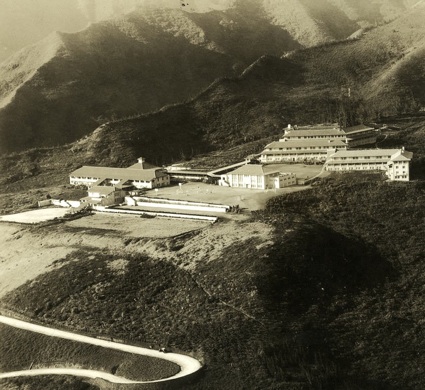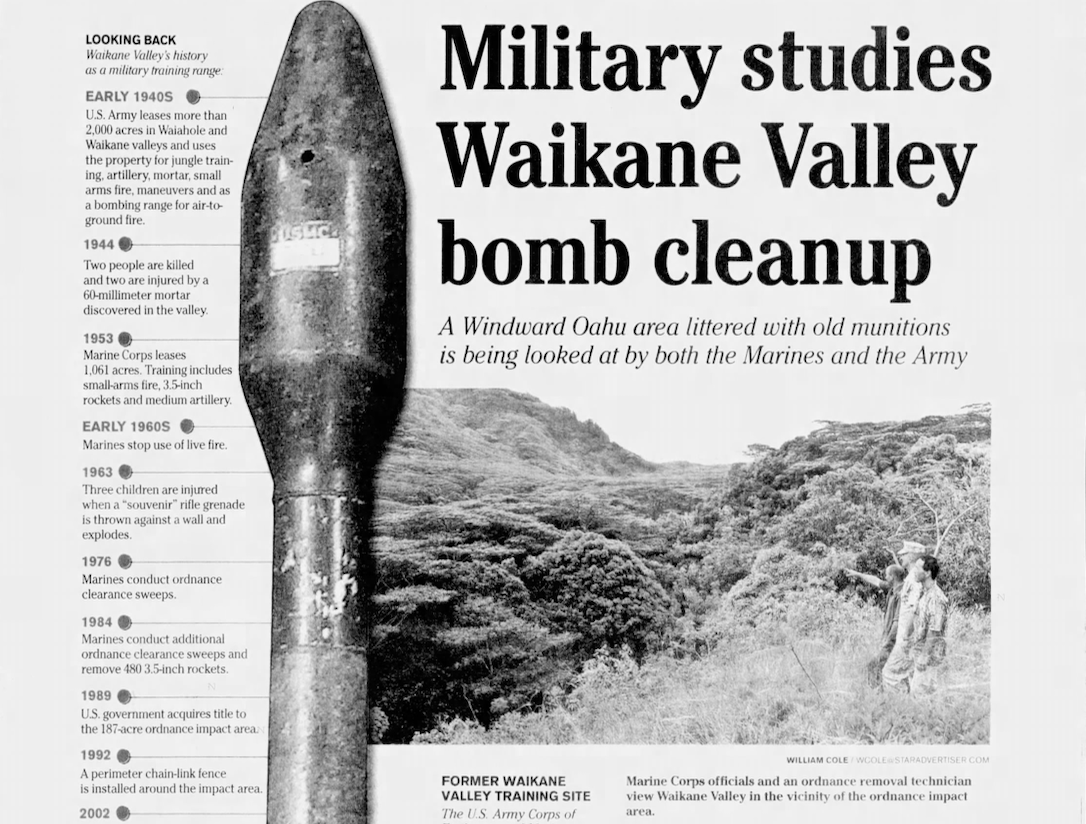October 23, 2025
The upcoming renegotiation of military leases in Hawaiʻi presents a critical opportunity to reclaim trust lands taken during the illegal overthrow of the Hawaiian Kingdom, and restore them to public and Native Hawaiian stewardship. There is legal basis for land return mandating that former Hawaiian Kingdom lands must revert to State control when no longer needed for federal purposes, and that it is the State's duty to actively protect trust lands rather than defer to federal agencies. There are concrete alternatives to militarization: converting military housing into affordable housing for kamaʻāina, reclaiming golf courses for regenerative agriculture systems, reopening beaches like Mōkapu Peninsula and Pōkaʻi Bay to public access, and repurposing facilities like the Hale Koa Hotel for cultural centers. Examples of other regions demonstrate that former colonial outposts can successfully transition from military dependency to diversified, prosperous economies These changes would shift Hawaiʻi toward "genuine security" that promotes in ecological health, cultural resurgence, and economic resilience. Demilitarization is fundamentally about accountability, restoration, and building futures grounded in aloha ʻāina-love for the land and people.
(6 MIN READ)












.jpg)


.jpeg)




